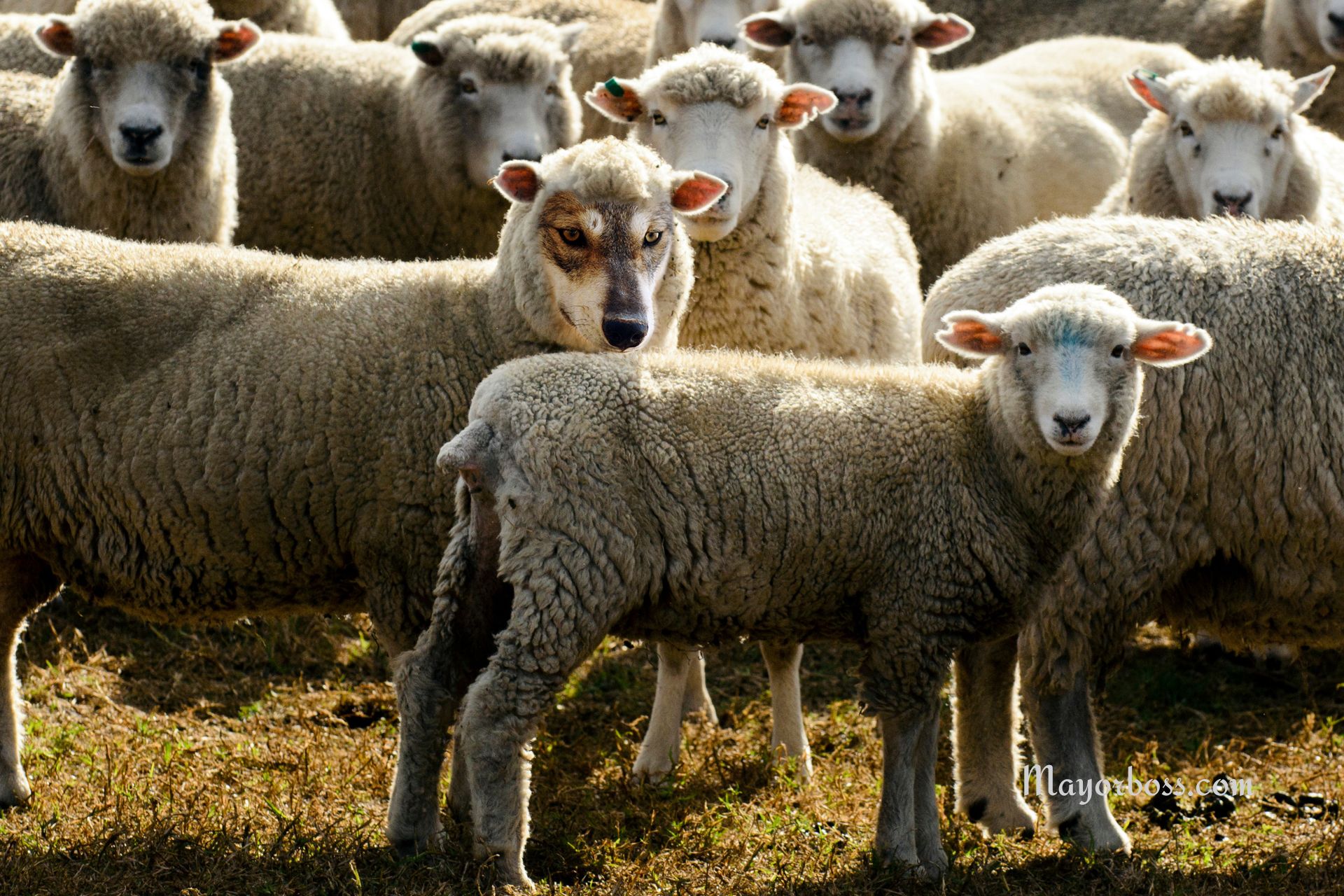How to Spot a Wolf in Sheep’s Clothing: 6 Warning Signs You Need to Know
Have you ever heard the phrase “a wolf in sheep’s clothing”? It’s a classic idiom that warns us about individuals who appear harmless or benevolent but are actually dangerous or have malicious intentions. In everyday life, encountering a metaphorical “wolf” can lead to all sorts of troubles, from emotional distress to financial loss. So, how can you tell if someone is not as innocent as they seem? Keep reading to warning signs that might indicate someone is a wolf in sheep’s clothing.

1. They Are Overly Charming at First
First impressions are powerful, and a wolf in sheep’s clothing knows this all too well. They often come across as exceptionally charismatic and friendly. So why is this a red flag? Because this initial charm can be a calculated move to win your trust quickly. Now, not everyone who’s charming has a hidden agenda, but if the charm feels over the top and seems to push boundaries, you might want to take a step back and observe.
For example:
Imagine you’ve just welcomed a new colleague at work, let’s call him Jack. From day one, Jack is exceptionally friendly and charming. He compliments your work, laughs at your jokes, and seems to always be available whenever you need help. Initially, this feels great; after all, who doesn’t appreciate a friendly new team member?
However, as the weeks go by, you start to notice some discrepancies. Jack is often seen whispering with different groups, spreading personal information he was trusted with, or subtly putting down other colleagues when they’re not around. At the same time, he continues to shower you and others with compliments and offers of help.
This scenario raises a red flag because Jack’s initial charm appears to be a strategy to quickly gain the trust and favor of the team, possibly to manipulate relationships and dynamics for his own benefit. His actions behind the scenes—spreading rumors and discrediting others—do not align with the charming persona he projects.
In this situation, Jack’s charm could indeed be a calculated move, revealing him as a potential wolf in sheep’s clothing. It’s a reminder to watch for a balance between someone’s words and their actions and to be cautious about people who seem to be trying too hard to win over everyone right away.
2. They Frequently Play the Victim
This one is tricky, isn’t it? A wolf in sheep’s clothing often manipulates others by portraying themselves as the victim of circumstances or other people’s actions. They do this to gain sympathy and to justify their own questionable behavior. So, if you notice someone constantly making themselves out to be the martyr despite evidence to the contrary, it could be a sign that they’re manipulating the narrative.
3. They Show Inconsistencies Between Words and Actions
Watch what they do, not just what they say. A classic trait of a wolf in sheep’s clothing is inconsistency between their words and their actions. They may speak about integrity, honesty, and respect but then act in ways that contradict these values. This disconnect can be a major warning sign that they are not being genuine with their intentions.
4. They Demand Loyalty But Are Not Loyal Themselves
Loyalty is a two-way street, right? However, a wolf in sheep’s clothing will often demand your loyalty but won’t offer the same in return. They expect you to always be there for them, support them, and never question them, but they don’t hold themselves to the same standards. If you’re dealing with someone who expects much but gives little, keep your eyes open.
5. They Use Emotional Manipulation
Do you often feel guilty or confused after interactions with them? Emotional manipulation is a go-to strategy for a wolf in sheep’s clothing. They use guilt, fear, or obligation to influence and control others. If you find yourself feeling unusually guilty or obligated after interactions, it might be time to reevaluate the relationship.
6. They Isolate You from Others
A wolf in sheep’s clothing often tries to isolate their targets from their support networks. They might badmouth your friends and family or suggest that others are against you. By isolating you, they can exert more control and keep you dependent on them. If you notice someone trying to cut you off from your support system, it’s a huge red flag.
Final Word
Recognizing a wolf in sheep’s clothing is all about noticing the discrepancies between what appears to be and what actually is. Trust your instincts, seek advice when something feels off, and always protect your boundaries. If you spot these warning signs, take a step back and reassess the situation. It’s better to be cautious than to be caught unaware.
Frequently Asked Questions
1. What should I do if I realize someone close to me is a wolf in sheep’s clothing?
If you suspect someone close to you has ulterior motives, maintain a healthy distance and seek advice from trusted friends or families. It’s important to protect yourself emotionally and physically.
2. Can a wolf in sheep’s clothing change their ways?
While people can change, a true change involves consistent effort and a genuine desire to improve. If someone shows a willingness to seek help and demonstrates long-term consistent behavior changes, it is possible.






